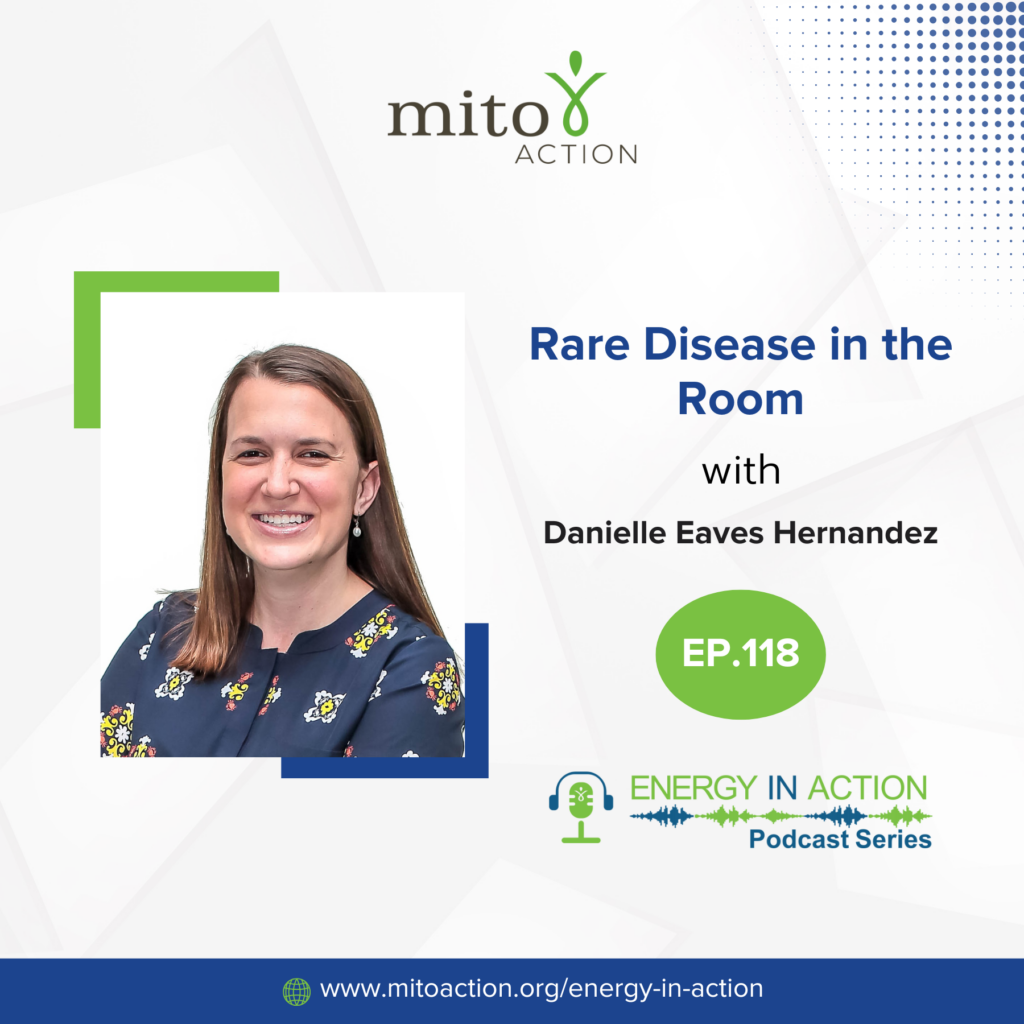
There are tough conversations to be had around rare disease, especially when it affects children. Danielle Eaves Hernandez is a certified child life specialistA doctor that focuses on one branch of medicine. and recreational therapist. She has worked with hundreds of families to support children affected by rare disease through the language they speak best— play! She’s a knowledgeable professional and advocate and we’re lucky to have her speak with us about how to best tackle some of these difficult conversations.
EPISODE HIGHLIGHTS
I haven’t told my kids about my disease. I’m scared to talk to my kids, but I’m also scared not to talk to them. What should I do?
It’s best to start the conversation by asking kids about how they see things from their perspective. They recognize things and understand the impacts on their lives much differently when they’re younger. As they grow older and become more socially aware, they may recognize and understand more. I encourage families to do what they’re comfortable with, but I encourage everyone to come together so no one feels isolated. When conversations with kids take place, understand that they may take the information in differently, compartmentalize it and chew on it. It’s important to keep conversations open-ended.
Is it best to protect children from the truths about a parent’s rare disease to protect their childhood and avoid worry or fear they may feel?
It’s natural to want to protect children, but when the time is right that you can disclose the truth, there will be a relief that comes. It also teaches kids that we don’t have to go through scary things alone and that as a family, you’ll face the good, bad, ugly and in-between together.
If a disease isn’t invisible and where children take notice, what is your advice for supporting the children in that scenario?
I approach it from a child-led place, asking questions that help me understand their perspective. With younger children especially, playing doctor with a puppet with any medical equipment they may see in their world helps them to engage and act out what they witness. This is an important outlet to give them control, identify worries and misconceptions and then have talks about them.
Where should a family seek out to get this type of care?
Families should look for palliative care wherever they live and that’s a great place to start. If you need to find a provider, you can visit the National Hospice and Palliative Care Organization (NHPCO) online for assistance finding resources. You can also seek out therapy through a mental health professional to check in with children, even if it’s only temporary or to help support them through a big life event.
However children are affected by rare diseases, how can we help them feel hopeful?
We talk a lot in pediatric hospice and palliative care about how the things we hope for can take shape in different forms. We hope for things, but then our hopes may change with disease progression. It’s important to honor how hope can shift and change, allowing space for hope to exist and thrive, even when we’re in a situation we hoped to never be in.
LINKS & RESOURCES MENTIONED










